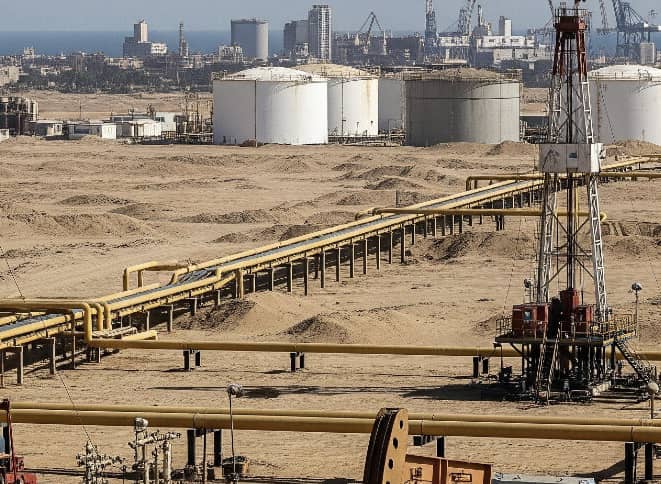KEY POINTS
- New bid round offers 13 blocks to investors.
- Oil and gas output rose 200 million cubic feet daily.
- Egypt cut $3.6 billion from its fuel import bill.
Egypt’s oil and gas production is showing signs of recovery after four years of steady declines, offering some relief to a country weighed down by surging import bills and recurring energy shortages.
Data from the Ministry of Petroleum and Mineral Resources shows natural gas output has risen by more than 200 million cubic feet per day since August. The gains, reported by local outlet Cairo Scene, are beginning to ease pressure on Egypt’s foreign reserves and energy security. Officials said the rebound has already reduced the fuel import bill by $3.6 billion while also allowing Egypt to settle $1 billion in arrears to international partners.
Oil and gas output supports stability
The output boost comes as international energy firms scale up their commitments in Egypt. BP recently began production from the second development phase of the Raven field offshore, part of the West Nile Delta project. The expansion involves tying back new wells to onshore facilities. The UK supermajor also announced a gas discovery in the North Alexandria Offshore Concession, which it plans to integrate into existing West Nile Delta infrastructure.
Shell, another long-term player in Egypt’s upstream sector, has connected six new wells at West Delta Deep Marine. The company also reached a final investment decision on developing the Mina West gas find in the Mediterranean Sea.
Egypt launches new licensing round
The rebound in oil and gas output comes against a backdrop of shifting energy balances. In late 2024, Egypt moved from being a net LNG exporter to a net importer after domestic production plunged and electricity demand surged during record summer heatwaves. Imports of liquefied natural gas last year reached their highest level in years, forcing rationing and rolling blackouts across the grid.
The North African country is now seeking to secure its energy future through a new licensing round, according to OilPrice. Authorities are offering 13 offshore and onshore blocks, including six exploration areas and seven undeveloped discoveries. The round closes on September 30, 2025, and is aimed at drawing fresh capital from global oil majors and independents.
The Zohr gas field discovery in the late 2010s transformed Egypt into an LNG exporter for a time, but waning onshore output and rising consumption have since eroded the gains. Officials say the latest recovery and licensing efforts could help restore balance, stabilize supply, and put Egypt back on the export map.



